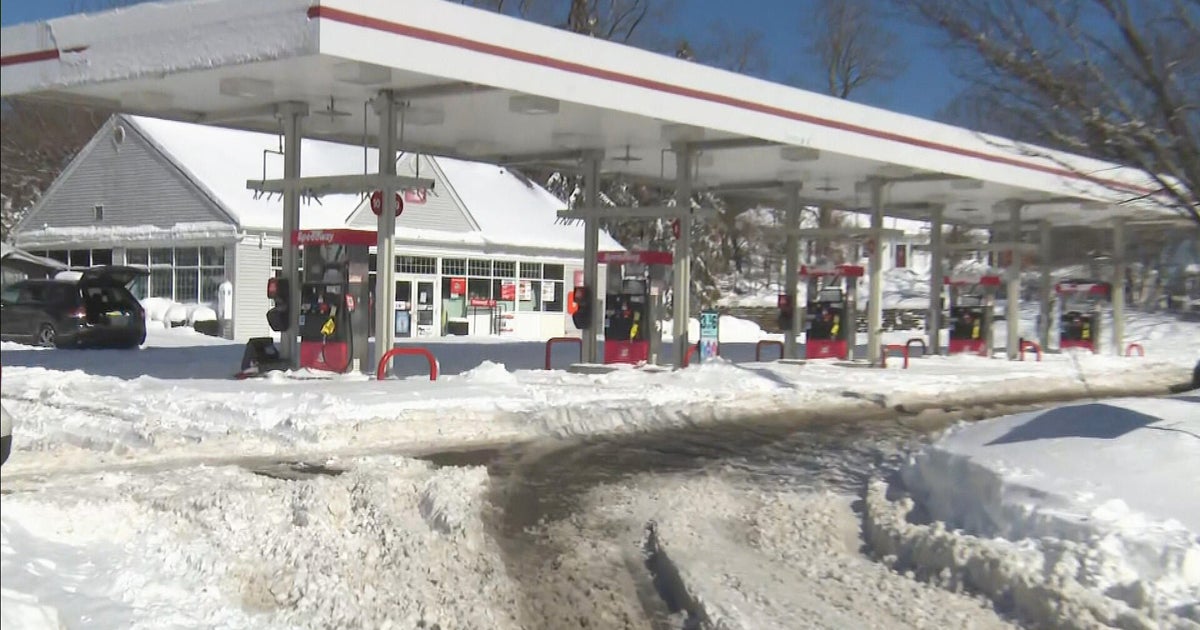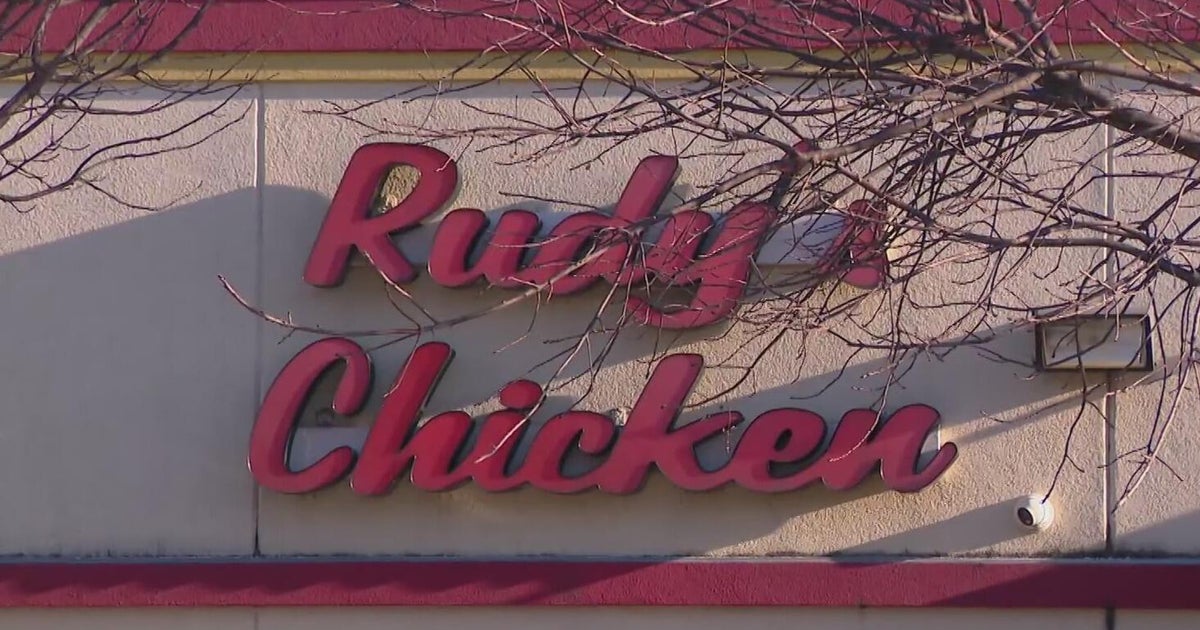How to reduce food waste during the coronavirus pandemic
Over one-third of food in the U.S. is lost or wasted — about $161 billion worth every year — a problem that has only been exacerbated by the coronavirus pandemic. As Tuesday marks the first annual International Day of Awareness of Food Loss and Waste, created last year by the United Nations, experts are encouraging the public to adopt new habits to combat the issue.
Farm and factory closures, labor shortages, restaurant and hotel closures, social distancing and other safety measures upended food production and distribution, creating a litany of new food waste issues at the beginning of the pandemic. But the effects are still being felt — one in three families with kids is currently experiencing food insecurity
Not only does food waste contribute to the global hunger crisis, it also negatively impacts climate change. Food that ends up in landfills does not properly decompose, and this waste is responsible for nearly 10% of global greenhouse gas emissions, according to the U.N.
"Prior to COVID, USDA estimated that each year, the average American family of four loses $1,500 to uneaten food," Jean Buzby, USDA Food Loss and Waste Liaison, said in a news release Tuesday. "Time will tell if new food habits are here to stay,"
To help solve this problem, governments, as well as businesses, are buying excess food and redistributing it to food pantries and other places in need. In some areas, restaurants are buying bulk quantities of everyday ingredients, then selling it to their customers directly.
But Americans can also take the problem of food waste into their own hands. Here are some ways to combat this worldwide issue.
- Plan your meals. Fewer trips to the grocery store during coronavirus lockdowns mean that Americans need to be more careful about planning ahead. It's important to check what you already have in the house before a grocery trip and stick to your plan to eliminate impulse purchases that could lead to waste.
- Store food differently. Many Americans are buying in bulk during this time to eliminate excess trips out of the house. But buying in bulk could easily lead to waste if the food is not stored properly in pantries and fridges. It is especially important to freeze perishable items to extend their lifespans.
- Understand date labels. According to the Food and Drug Administration, confusion around food labels contributes to about 20 percent of food waste in the home. Foods with "Best by" or "Best if used by" labels can be eaten well past the date, experts say, as long as they look and smell fine.
- Donate. ReFed, a national nonprofit working to reduce food waste, has compiled a database for individuals to find nonprofits and commercial entities that will take unused food and distribute it to food banks, pantries, meal programs and more. Find your local food bank through Feeding America to donate unused food. Ample Harvest, a nationwide resource focused on eliminating food waste, can help people who are gardening in their backyard find a local food pantry to bring their excess produce. The Environmental Protection Agency has an interactive map that finds potential industrial, commercial and institutional recipients of excess food. Farmers can work with The Farmlink Project, founded this year by university students, to donate surplus produce to food banks.
- Learn to compost at home. Many cities' composting services were suspended due to the pandemic. It's easier than ever to compost at home to ensure less food ends up in landfills.
- Get creative. With a little creativity, everything in your kitchen can have a purpose. The National Resources Defense Council has a kitchen handbook with a category dedicated to scraps, so you can put potatoes peels and herb stems to good use.



